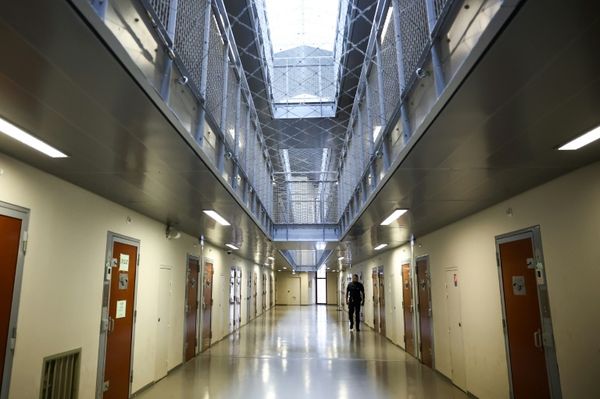
- Numerous past and present nonexecutive directors agreed to return around $920 million in cash and stock options to settle a nearly five-year-long legal dispute in an indictment of the board’s corporate governance record under chair Robyn Denholm.
It’s official: Tesla’s board collectively enriched themselves at shareholder expense to the tune of nearly $1 billion.
On Wednesday, Delaware’s Court of Chancery approved a settlement that will see numerous past and present nonexecutive directors return a portion of their compensation, resolving a nearly five-year-long legal dispute over alleged excessive pay.
The deal represents the latest indictment of the board’s corporate governance record under Robyn Denholm, chair since November 2018. Tesla’s first female director, appointed 11 years ago, famously testified to receiving “life-changing wealth” from the sale of $280 million in stock options she received after taking over from Musk following an SEC ruling.
“We’re very pleased with the chancellor’s ruling,” Andrew Dupre, an attorney for the shareholders, told Reuters on Wednesday.
The settlement requires numerous past and present members of Tesla’s board to return roughly $277 million in cash and $459 million in stock options, and forgo further promised compensation worth $184 million. It resolves a lawsuit filed in 2020 by the Police and Fire Retirement System of the City of Detroit alleging excessive compensation.
As part of the deal, which does not affect CEO Elon Musk, neither the company nor his fellow directors acknowledge any wrongdoing. How much each individual director including Denholm must return to the company was not specified.
Tesla did not respond to a request from Fortune for comment.
A record of lax oversight
The carmaker’s board has repeatedly found itself at the center of controversy. It includes multiple business partners and personal friends of CEO Elon Musk. His own younger brother is a director, for instance.
Each time Denholm has stood for reelection to the board for a three-year term, both in 2020 and later 2023, proxy advisory firm ISS has recommended shareholders vote against the motion.
At the start of last year, the Wall Street Journal reported not only was Musk engaging in recreational drug use, citing sources that witnessed the CEO personally, it revealed director Steve Jurvetson was spotted consuming narcotics with him.
Days later the board exposed itself to criticism from investors after Musk threatened to pull further development of major AI projects—including his Optimus robot—unless the board issued him enough shares to raise his stake to 25% of the outstanding stock.
Perhaps the most notable example of Tesla’s governance style, however, remains Musk’s ill-fated 2018 pay package, dubbed the largest in human history.
The Tesla CEO revealed in court testimony he negotiated not at arm’s length with his directors but with himself. He was allowed to draft the conditions of his package as he saw fit, and the board put it to a shareholder vote, while failing to acknowledge that they were beholden to him.
The 200-page verdict handed down last January by court chancellor Kathaleen McCormick over Musk’s pay package amounted to an unvarnished and forensic critique of its lax approach.
Denholm’s attempt to resolve the issue by rerunning the vote in June failed when McCormick upheld her earlier ruling. Tesla on Wednesday officially appealed the decision, which will now go before the Delaware supreme court.







